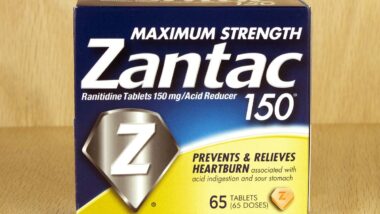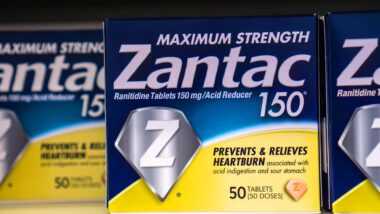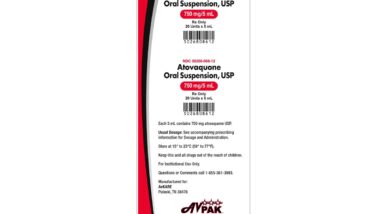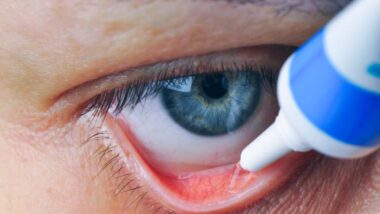Top Class Actions’s website and social media posts use affiliate links. If you make a purchase using such links, we may receive a commission, but it will not result in any additional charges to you. Please review our Affiliate Link Disclosure for more information.
Is FDA’s New Standard of Studying Drugs Linked to Stevens Johnson Syndrome Effective?
By Mike Holter

Researchers state that not only can Stevens Johnson Syndrome (SJS) suddenly appear and be potentially fatal, but it is strongly linked to drug exposure. An SJS report would provide good information regarding the safely of the investigational drug and could greatly impact patient monitoring and care.
However, despite the new process of evaluation of the drugs linked to Stevens Johnson Syndrome, it is unclear on if any progress is being made when it comes to spreading awareness of SJS and, better yet, finding ways to potentially avoid it.
More than 100,000 deaths among patients each year are attributed to allergic reactions to certain medications, with adverse drug reactions being the most prevalent cause of death in the U.S. Every day, over 4,000 patients (about 1.5 million annually) are hospitalized due to severe adverse reactions brought about by medications. Most hospitalizations can be prevented. RN Patient Advocates reports that 18.6 of all drugs prescribed to patients before they ended up in the hospital were drugs that should not have been taken.
Patients at most risk for Stevens Johnson Syndrome have an extreme allergic reaction to antibiotics or painkillers like Ibuprofen. The bulk of cases occur in adults aged 20-40. However, SJS has been diagnosed even in three-month old children. Anyone using prescription or over-the-counter medication is at risk for having allergic reactions and developing severe health conditions like Stevens Johnson Syndrome.
Stevens Johnson Syndrome Symptoms
Stevens Johnson Syndrome’s initial symptoms may include fever, sore throat and a headache that can last a few minutes or a few days, which can then lead to lesions and blisters on the skin and respiratory infection. It typically affects the mucous membranes of the mouth and throat, as well as swelling of the eyelids, with potential progression to blindness and internal organ damage.
The evolution of Stevens Johnson Syndrome is characterized by the skin sloughing off in sheets, in which patients suffering from this symptom are generally treated in a hospital’s burn unit. Infection of the skin lesions or a development of lesions in the lungs may be fatal. Only about 5% to 15% of all cases end in death.
In around 5 to 15% of the most severe instances of SJS, the patient may die. The patient’s skin first begins to burn internally, and then it burns on the outside. Treatment in an ICU or the burn unit of a hospital is often required for such patients.
The best way to protect yourself and minimize extensive damage caused by SJS is early recognition and timely medical attention in the event of the first sign of symptoms.
Filing a Stevens Johnson Syndrome Lawsuit
Stevens Johnson Syndrome attorneys are in the process of reviewing and working on SJS lawsuits indicating that that pharmaceutical companies failed to warn of the potential risk for SJS. Many drugs, even generic ones, that are linked to SJS do not have adequate or proper warnings on their labels. A drug with a black-box warning may prompt SJS attorneys to consider a medical malpractice lawsuit.
If you or a loved one has experienced symptoms pertaining to SJS, you may be eligible to receive damages and compensation in a Stevens Johnson Syndrome class action or lawsuit. A Stevens Johnson Syndrome attorney is available to review your potential SJS lawsuit at no cost to you. Get started by going to the Stevens Johnson Syndrome (SJS) & Toxic Epidermal Necrolysis Class Action Lawsuit Investigation page and submitting your information.
Updated November 1st, 2012
All medical device, dangerous drug and medical class action and lawsuit news updates are listed in the Drug and Medical Device section of Top Class Actions.
Top Class Actions Legal Statement














